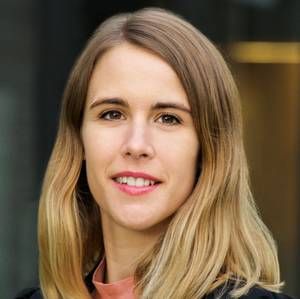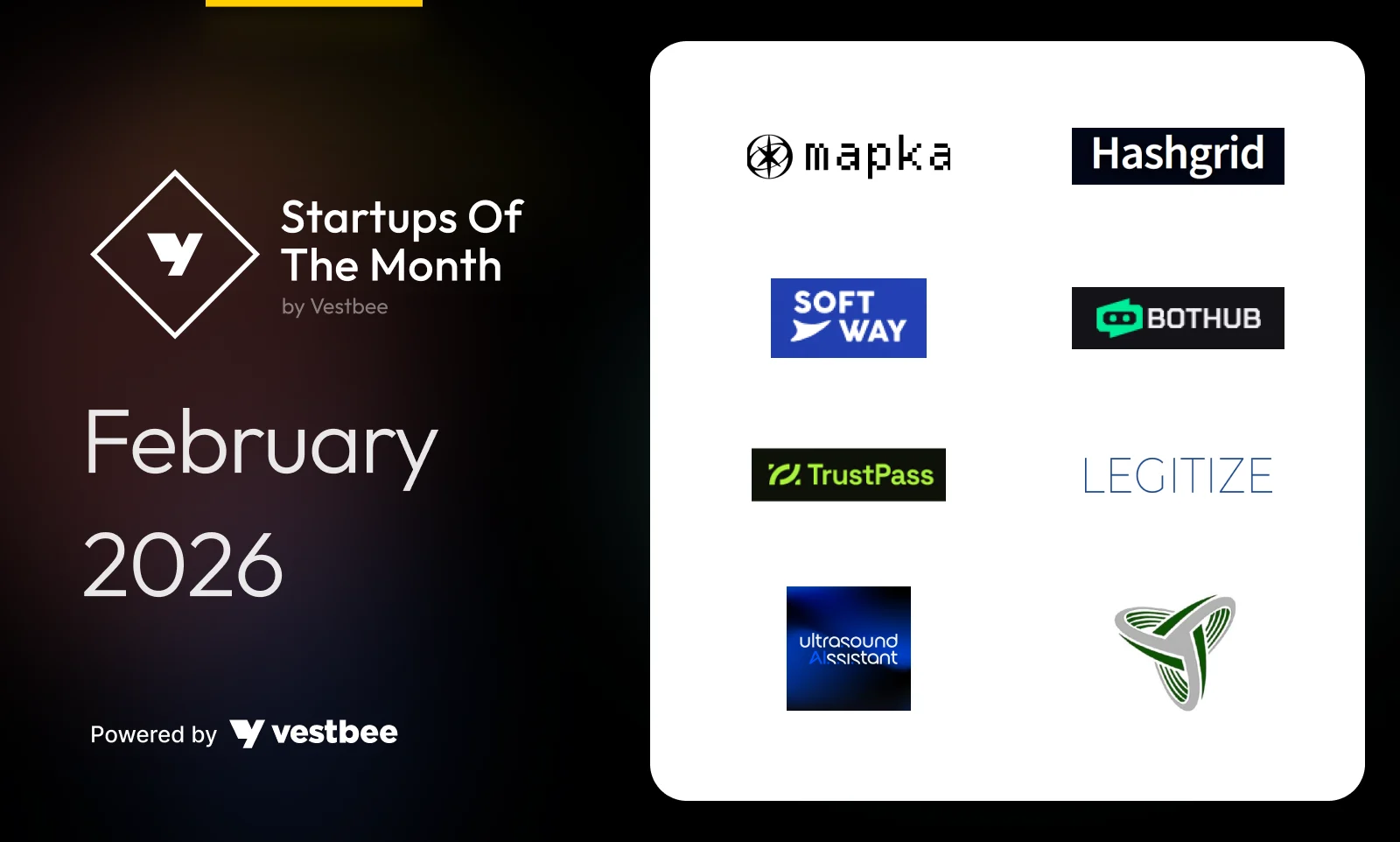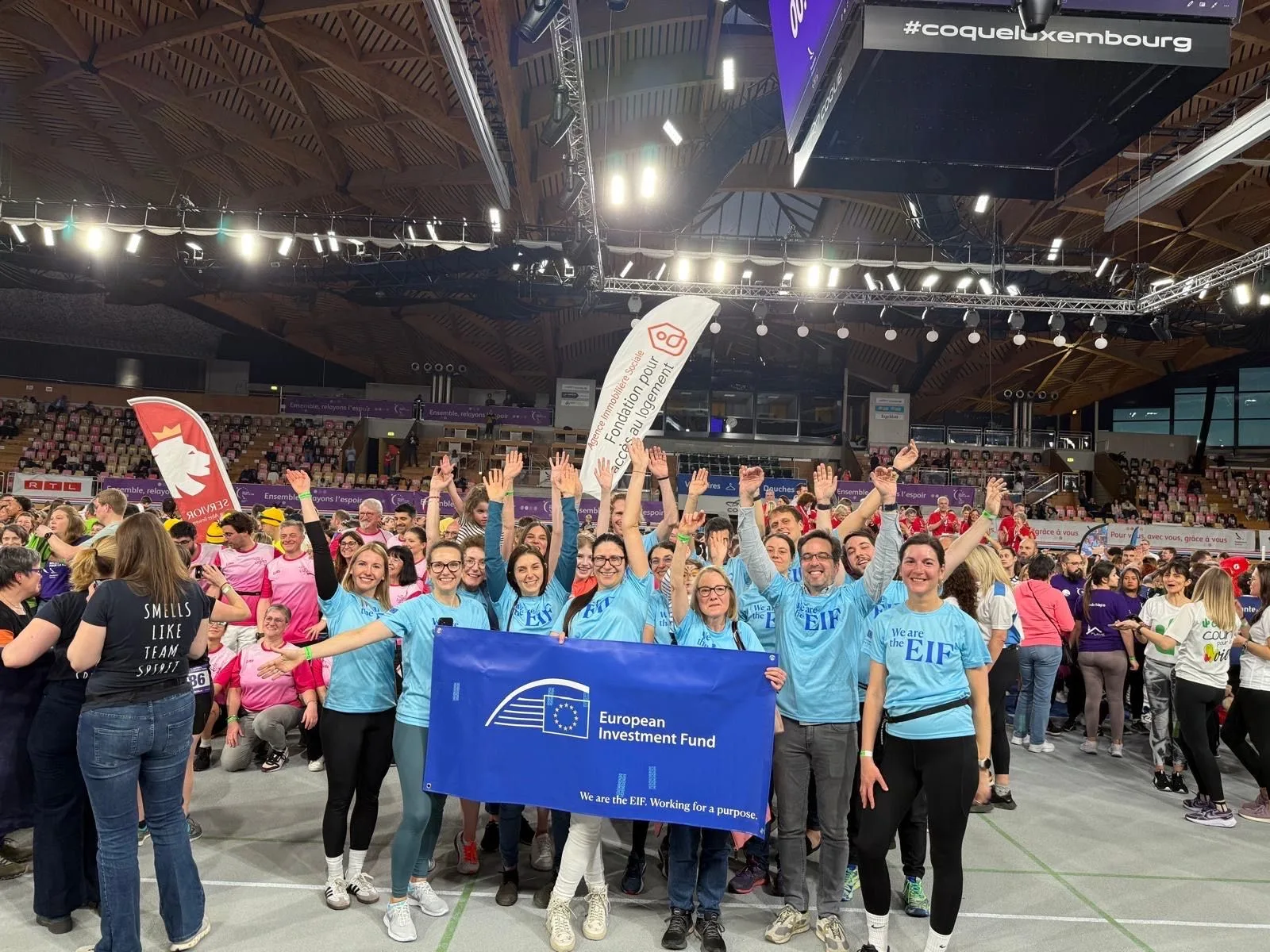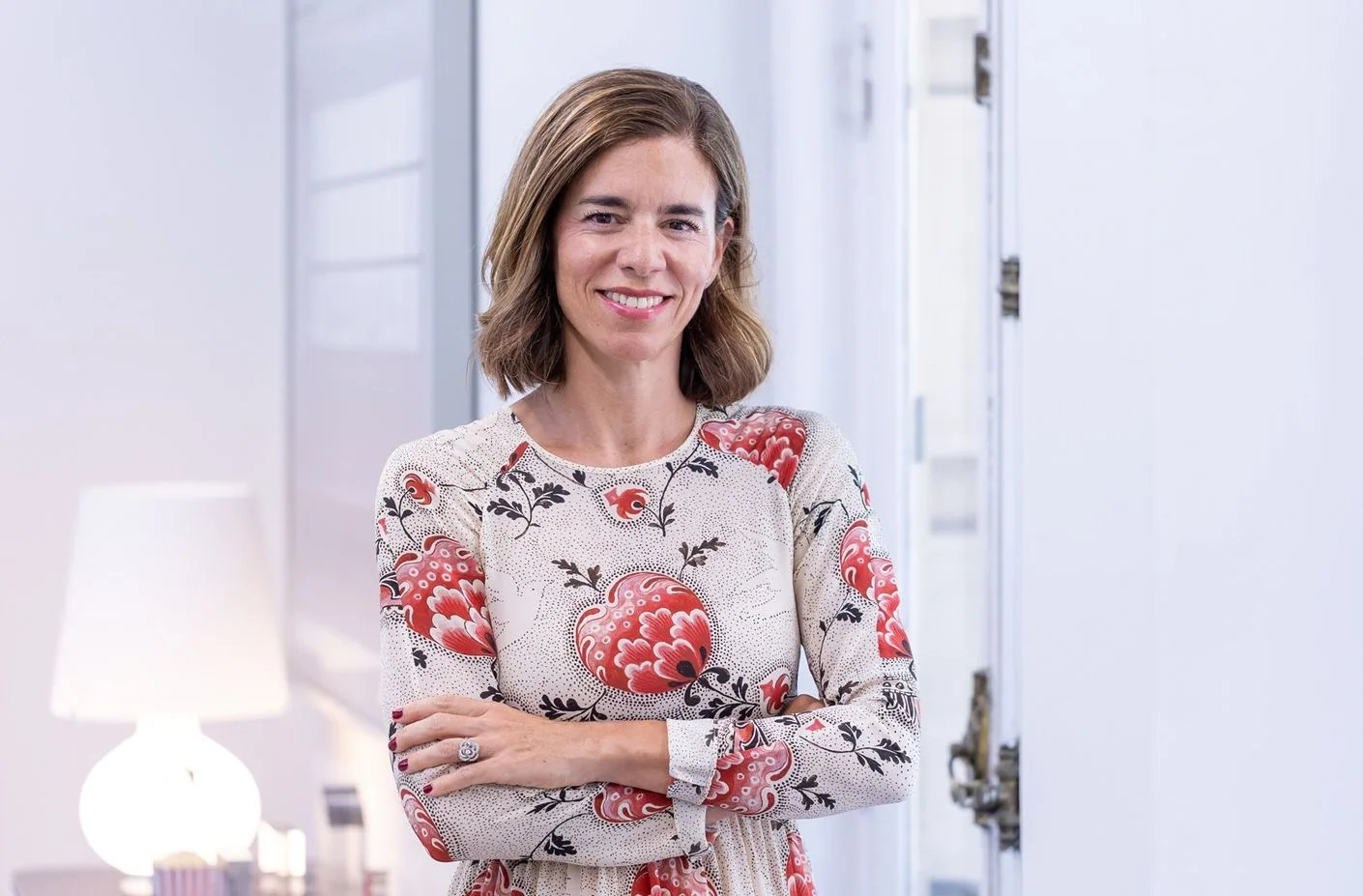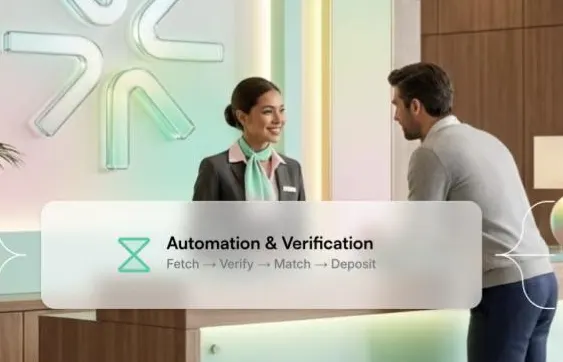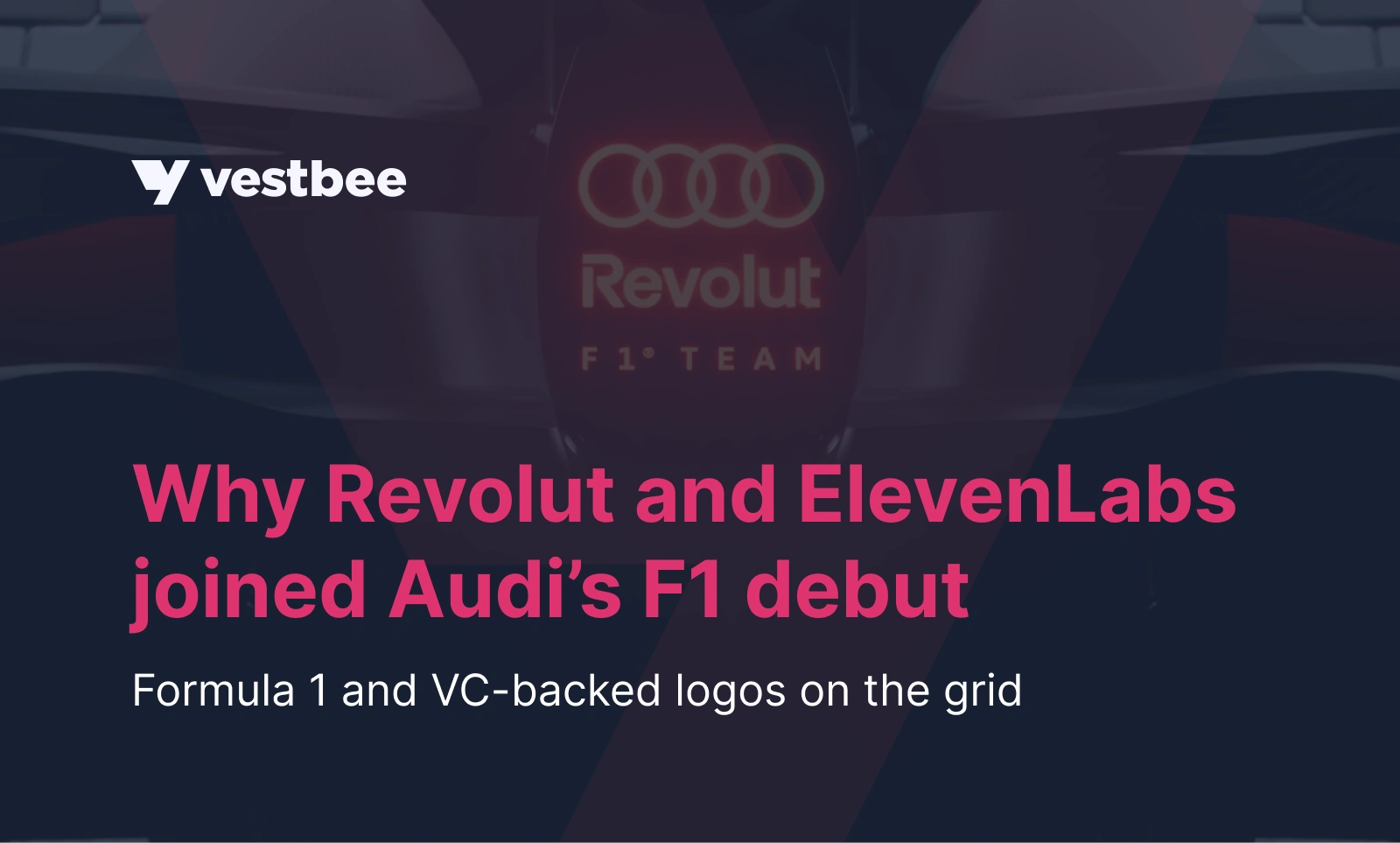With 180+ investments in early-stage startups, Startup Wise Guys is one of the top investors in the broader CEE region and Nordics. To help techy startup founders become true entrepreneurs, they have been running a world-class startup accelerator since 2012. The accelerator focuses on B2B SaaS, Fintech, Cybersecurity and now also Sustainability early-stage startups, as well as have made follow-on investments in accelerated startups. The portfolio has already had 2 major exits, and overall startup’s survival and success rate is above 77%.
Startup Accelerator Strategy Overview
STARTUPS ELIGIBLE FOR ACCELERATION PROGRAM
Geography: Global
Preferred industries: B2B SaaS, Fintech, Cybersecurity, Sustainability
Company stage: launch (seed), early growth (pre-series A, series A),
Product stage: MVP/beta, ready product
Product type: B2B
Revenues: Typically yes, but we make exceptions
PROGRAM DETAILS
Duration: 3-5 months
Participation fee: Yes, we charge 25k EUR for the program investing 55k EUR before
Equity Investment: Yes up to 9%
Grant: No
No of batches per year: 4+, we collect applications all year long
No of startups in a cohort: on average 10, up to 12 max
Q&A with Cristobal Alonso, Global CEO & El Patron of Startup Wise Guys
What are the 5 most important things you look for in a startup applying to your acceleration program?
As most early-stage investors, we look at Product, Market and Team. However, it is the team that is really the number one criteria – and we look at various aspects – the compatibility of the founders, their chemistry, relevant industry experience, and right skill-set to grow the company. Additionally, very important elements for us are passion and coachability. Startup Wise Guys team is extremely passion and purpose driven, so we expect no less from our founders feeling that it’s the type of founders we can accelerate best. Regarding coachability – not every startup needs to go through an accelerator. If they are not willing to listen to criticism, acknowledge mistakes and change their ways – they should focus on finding other types of investment.
What startups should take into account before applying to your acceleration program?
Aside from the team and coachability mentioned above, we are also very much tech and product focused. That means we would expect the startup to have already some tech product aka code to check and a CTO in place. We have our Geek in residence and other tech mentors, who do serious tech due diligence and mentoring prior to accepting a startup to the program and investing.
Can you share some of the red flags that can disqualify a startup from joining your accelerator?
One of the typical red flags for us is the cap-table. If there is an early-stage investor that has taken a big chunk (more than 10% of the equity) already, most likely we will either not invest, or as in most cases, advise founders to solve this issue for their companies future investability, regardless if they end up accelerating with us.
We also expect startup founders to be full-time committed to their startup. For many, entering the accelerator means taking the leap of faith, leaving their paid corporate or consulting job, and going all in. Part-time hobby business founders are not for us!
What are the most valuable skills that selected startups can develop thanks to your program?
There’s so many and actually the benefits they take out of the program differ from founder to founder. We regularly ask for feedback, and for some, it has been leadership, for some discipline, clarity on processes, for some – sales, marketing, public speaking, for others – everything around team management.
Our accelerator program is basically like an MBA, just squeezed in a few months providing 90% individual content for the particular startup ideas. The core of the program consists of 3 parts: business development, sales and marketing, fundraising, but of course – there are lots of other activities, like “Geek Week” and pitch drills that basically happen daily in the duration of 3 – 5 months.
How does your accelerator support portfolio companies during and after the program?
During the program, there’s lots of support from various angles – starting with mentoring itself and finishing with setting KPIs and milestones and following up with the teams on their achievements. Our program is super intensive, it is basically like living together in a sports camp for 3-5 months (due to COVID most of that happened online this year).There are at least 2 dedicated people to run the program from our side moreover, teams interact with 100+ international mentors in the duration of one program.
Apart from our investment, we also facilitate startup access to relevant investors for follow-on rounds. Many startups recognize expanding their network and support in future fundraising as a big perk of being part of Startup Wise Guys family.
And last but not least, we are brave enough to claim having the best after-care program if not globally then at least in Europe for sure. We have this slogan “after Startup Wise Guys you will never walk alone”, so we provide rather intense support till the next big investor comes along and the startup doesn’t need us that much anymore. This after-care program goes both ways – we expect startups to do regular reporting, but we also provide quarterly calls, ad-hoc meetings and support with fundraising, legal or founder’s issues. We have a strong alumni community that is in touch on a daily basis, and once per year – we gather all of them for the big SWG Getaway. There’s lots of peer-to-peer support and as some founders have said – they never expected to build so many meaningful relationships by participating at an accelerator. One of our alumni even named us “the accelerator with the heart” and this, in turn, warms our hearts and gives a very deep purpose to our work.
What are the best-performing companies in your portfolio?
We have already had 2 major exits – Estonian VitalFields (sold to Climate Corporation in 2016) and Ukrainian StepShot (sold to UiPath in 2019). Other notable startups in our portfolio are: SkySelect, CallPage, EstateGuru, Ziticity, Fractory, Simporter, Ondato and many more.
What key lessons have you learned from projects that didn’t work out the way you expected?
In the past, the majority of the selection process was focused on the CEO of the startup, it was difficult to evaluate team dynamics. We had a couple of teams that looked great, but once they entered the full-time accelerator on-site, we discovered issues that ultimately killed the startup or significantly slowed down the progress. Since then we pay extra attention to how the team works together – we run mini hackathons at selection bootcamp and other activities to see the chemistry and how the team behaves in action.
Another lesson learned is around the right timing. We are very excited about teams that are building stuff for the future, but sometimes it also means that we invest in teams that may be so far ahead of the market that they are unable to survive long enough for the industry to develop.
And thirdly, at least in the CEE region – the next investment round after the accelerator often is a key factor to startups’ survival. We are very excited to have follow-on possibility from our funds and have already done 15 such investments together with other Angel investors and VCs.
Why, in your opinion, accelerators are becoming so popular nowadays?
We are actually not sure if they are. Are they? Being one of the oldest accelerators out there in Europe and among leaders in terms of portfolio, we see rather a decline in the accelerator model and expect a lot of them dying or transforming. It is a tough business to be in.
We see many accelerators moving closer to VC funds in their approach, i.e., investing later, when there’s less risk, and doing less and less acceleration. For us, recruiting and running an accelerator is like mining, you literally get on your knees, get your hands dirty and dig for diamonds in the rock, and then you shape them. Our approach focuses on creating a unique pipeline, investing early on and having an excellent program after. Later stage investors are way more like jewellers – they work with existing diamonds and gain value for selling things for a higher price. Don’t get me wrong – this type of investment is also very needed; just the approach and impact differs.
A clear trend that could be observed due to Covid-19 was an increase in the number of online accelerator programs like YC Startup School or our Online Pre-Accelerator that we’ve been running for 2 years already. It will be interesting to observe if that is a short term or long-term trend.
Another trend that might impact startup interest in accelerators and higher popularity is that during Covid-19 pandemic many angel investors have moved out of early-stage (hopefully only temporarily), thus in many cases accelerators may be the only very early stage investment option available for the first time founders. We saw an unprecedented increase of in-bound startup applications this spring even without any active program being open. We noticed that startups with solid traction, proper products etc. started applying, even though a year ago they would have felt like an accelerator is not for them.
What are the hottest markets you currently look at as an accelerator and where do you see the biggest hype?
Historically and still nowadays, we have the biggest footprint in CEE and CIS or as we like to call it “New Europe”. This year we have also made a bet on the Italian market, likely the least developed major market in Europe ready for a digital post-Covid transformation.
While we still get many great founders from our home countries, namely Estonia, Latvia and Lithuania, we are big fans of Ukraine (we actually have just been voted the most active accelerator in the country winning over YC and 500 startups), Turkey (amazing tech talents there). Moreover, we see the Balkans on the tipping point the Baltics were 5 years ago, so we believe that many decent startup teams will emerge from this region soon.
However, as an accelerator and investor, we are geographically agnostic, meaning, we have accelerated startups from Australia through India and the US to Chile, lately getting lots of good pipeline also from the Middle East and curiously from Africa. As long as there is a good team, the right attitude and tech talent – we’re interested!
Do you have any predictions about the key trends that will shape the European accelerator scene in the near future?
One clear trend is moving towards online or hybrid accelerator models. That is a direct impact of pandemic and travel restrictions. It will be interesting to see what formats will stay for good and what will be only temporary survival.
For sure we will see (and are already seeing) stronger moves towards impact and sustainability, as well as other areas that Covid-19 „shook” like MedTech and EdTech. We are very curious to see how SexTech develops and look forward to accelerating some startups in our upcoming program (batch 20). I think this area has been overlooked and it definitely also has an important wellbeing twist to it.
Related Posts:
VC Of The Month - EIT InnoEnergy (by Magdalena Balcerzak, Manager, Vestbee)
Top Polish Accelerators And Incubators To Help You Grow Your Startup (by Mateusz Walczyk, Startup Analyst, Vestbee)

